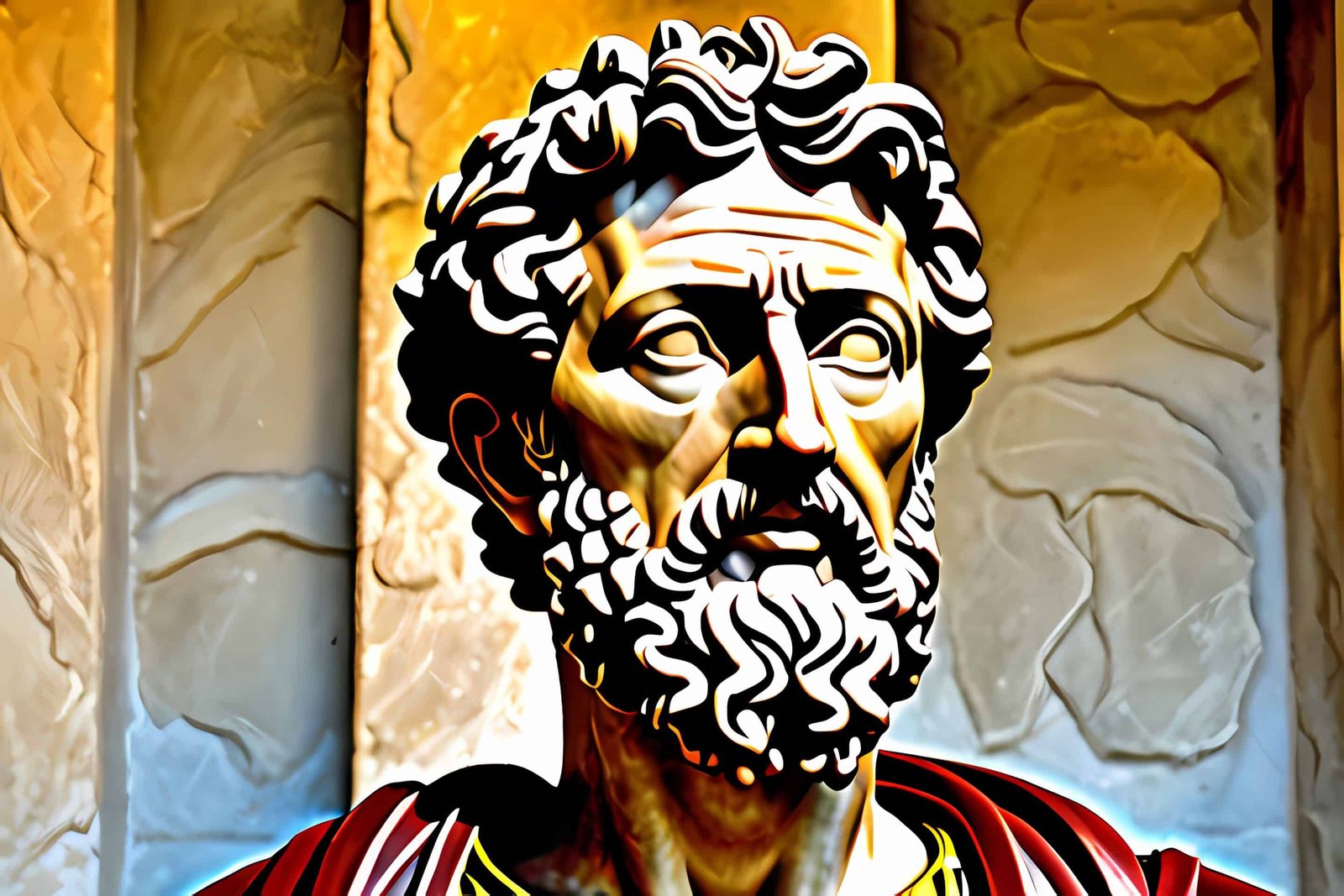Latest posts
The Intriguing Origins and Meaning of ‘Spill The Beans’

Discover the intriguing origins and true meaning of the phrase “spill the beans.” Explore its historical roots and its place in modern language.
The Nautical Roots of “Feeling Blue”

Discover the nautical roots of the saying “feeling blue.” From mourning flags to distress signals, explore how sailors shaped our language and emotions.
Unveiling the Proverbial Roots of “The Gloves Come Off”

Discover the origins and significance of the idiom “the gloves come off.” From boxing to everyday disputes, it symbolizes a shift to more direct confrontation. Explore its cultural impact and reflection of human resilience in facing challenges head-on. Are you ready for the real fight?
Finding Common Ground: The Power of Seeing Eye to Eye

Discover the origins and significance of the idiom “see eye to eye.” Embrace the wisdom of empathy, understanding, and mutual respect for personal growth and enriched relationships.
Raise Your Words, Not Your Voice – Origin and Meaning

Discover the profound wisdom of Rumi, a 13th-century Persian poet, and mystic. Learn how his teachings on persuasive communication and kindness can guide us on a path of personal growth and understanding. “Raise your words, not your voice,” and build a world of dialogue and harmony.
Navigating Uncharted Waters: The Courage to Explore Beyond

Explore the origins of the profound quote often attributed to Christopher Columbus and discover how it relates to personal development and facing new challenges. Learn from the lessons of explorers and find the courage to venture beyond your comfort zone. Let’s embark on this journey together!
Chase Dreams, Not Just Goals

In a world that often emphasizes the importance of setting and achieving goals, it’s easy to forget the magic and allure of chasing dreams. While goals are essential, dreams are the vibrant colors that paint our life’s canvas with excitement and possibility. Let’s explore why chasing dreams, not just goals, is vital and how doing…
Be the Light in Someone’s Darkness

In a world that often feels overwhelming, where news cycles spin stories of chaos and despair, it’s easy to feel like a small boat adrift in a stormy sea. But remember, even the most minor light can pierce the darkest night. Consider this saying a call to action, an invitation to be that light in…
Harnessing the Power of Your Mind: Lessons from Marcus Aurelius

In a world where external events often seem overwhelming, it’s empowering to remember the words of Marcus Aurelius, who said: “You have power over your mind — not outside events. Realize this, and you will find strength.” This profound insight, penned centuries ago, remains a guiding light for those passionate about personal growth and self-improvement.
Future-Focused, Heart-Led: A Path to Personal Success

In a constantly evolving world, being “future-focused, heart-led” is a mantra that can guide us toward personal and collective success. But what does this phrase mean?










